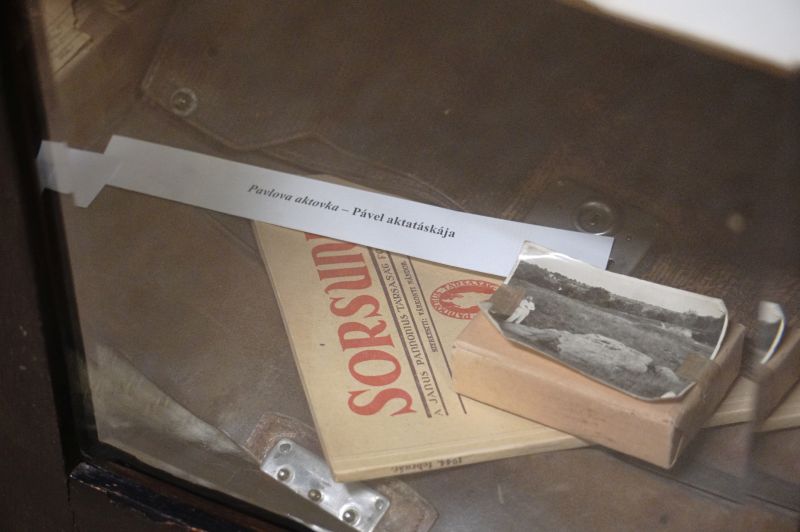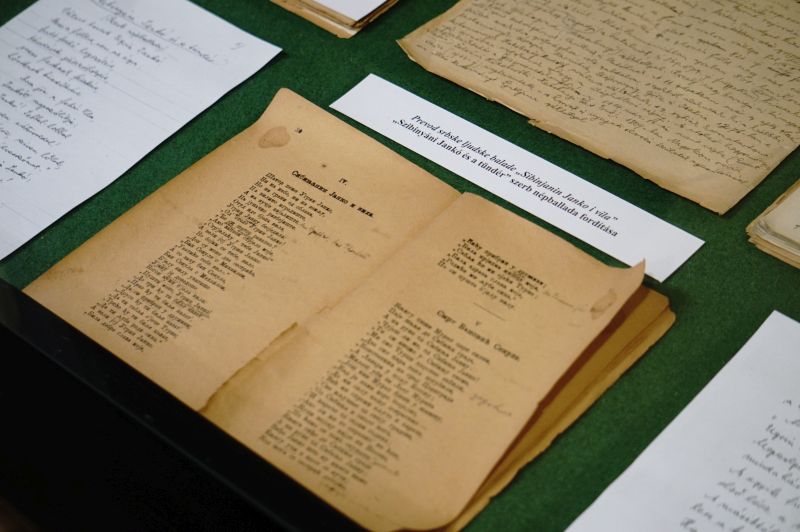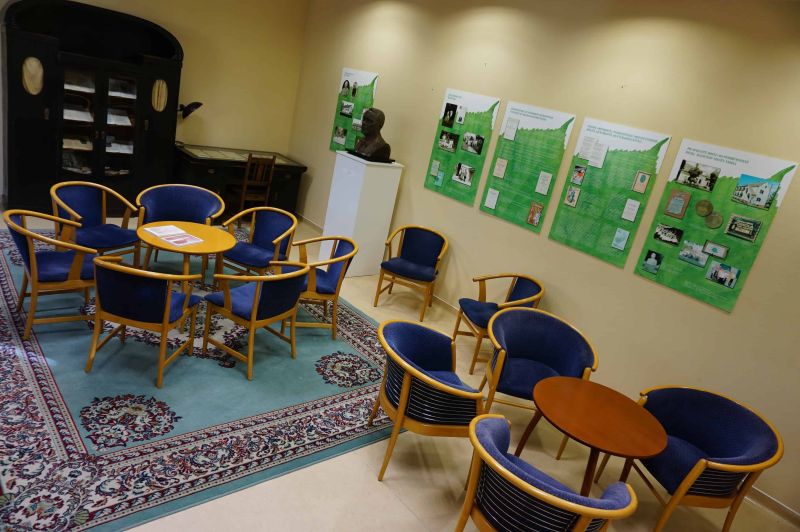Adopt this book in August!
Pavao Ritter Vitezović (1652–1713) was born in Senj in 1652, as the son of a frontier soldier. He was educated at the Jesuit College of Zagreb and later at the Illyrian College of Rome. His first work appeared in print in 1681 (Apographum ex Joanne Lucio), and from then on until the end of his life he published regularly on a wide variety of subjects.
Pavao Ritter Vitezović served under the command of Miklós Erdődy in the Međimurje garrison in the Ottoman wars, and took part in the siege of Lendva (Lendava) and Szigetvár at the beginning of the Great Turkish War in 1683. After the war he became an officer at the court of Miklós Erdődy, in 1687 he was knighted with a gold bracelet, in 1691 he was elected podžupan of Lika and Krbava, and later became a royal councillor and baron. He returned to Croatia in the 1690s and ran a printing press in Zagreb between 1695 and 1706. In 1706, a fire destroyed his printing press, his wife died two years later, and Vitezović moved to Vienna at the end of his life in 1710. A true polymath, he worked as a cartographer, linguist and poet, among other things, in addition to his printing and historical works.
Stemmatographia is one of Vitezović's most important works. It was first published in 1701, probably in Vienna (no printing place is present), followed a year later by a second edition in Zagreb. According to the preface to the second edition, the reprint was necessary because of the popularity of the first edition. A work of heraldry, the dedication consisting of four leaves is followed by 56 coats of arms on 56 pages, each accompanied by a four-line poem describing the coat of arms of the area in question. After the first two engravings (Illyricum, Imperium a Nemanide institutum), the author has arranged the coats of arms in alphabetical order, from Albania to Hungary. The images are followed by a list of 11 leaves, which gives a precise description and brief interpretation of each coat of arms. Vitezović also indicates here how the stripes used in the monochrome printing correspond to the colours used in reality, thus helping the illuminators (the copy of the University Library is not coloured). The volume concludes with a greeting to the readers, a list of errors and a poem by Nicolaus Garzia de Londono. The Stemmatographia was translated into Serbian and published in 1741 by Hristofor Žefarović. According to the ownership note on the title page, the copy of the University Library was in the possession of the Pauline monastery of Svetice in the 17th-18th centuries.
The book is part of the book adoption program of the Foundation for the University Library. Save a book, adopt a book! For more information visit our website: https://konyvtar.elte.hu/en/support-us/adopt-a-book
RMK III 608
Vitezović, Pavao Ritter
Stemmatographia, sive Armorum Illyricorum delienatio, descriptio, et restitutio / authore equite Paulo Ritter
[Wien] : [s. n.], [1701]



